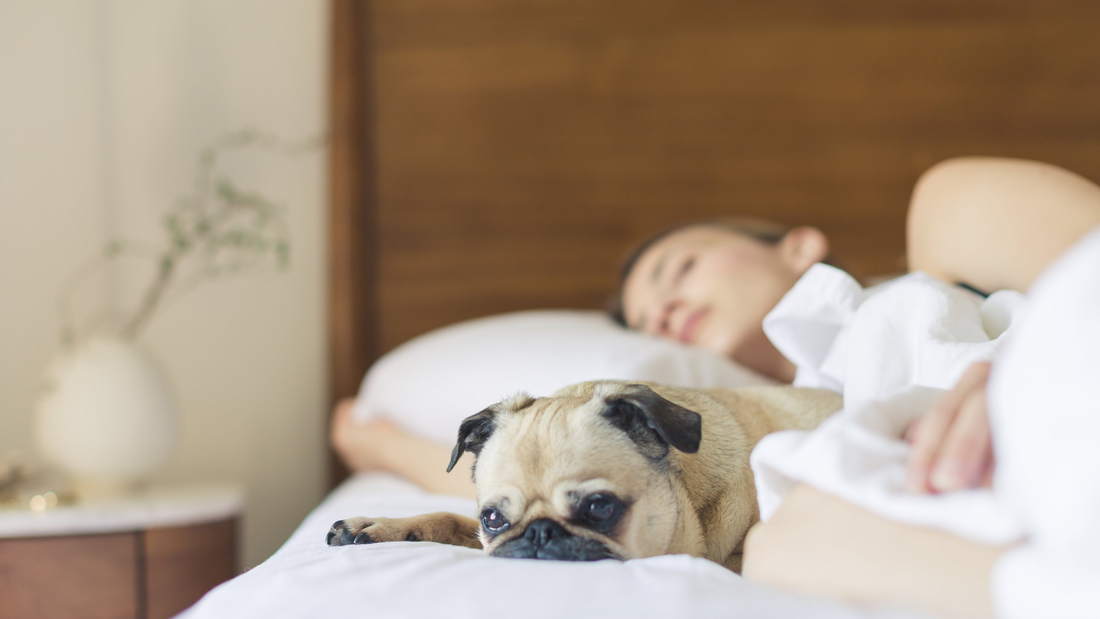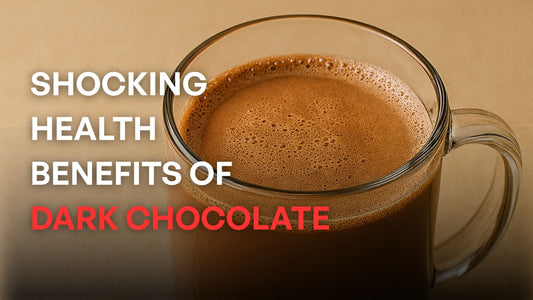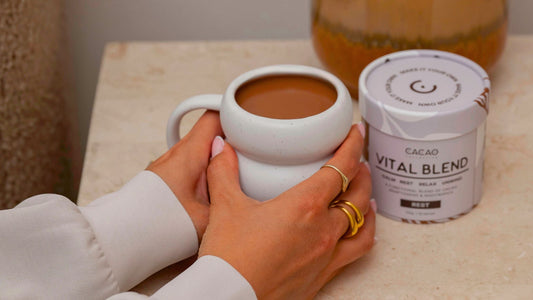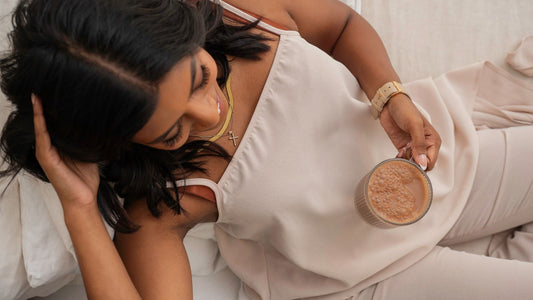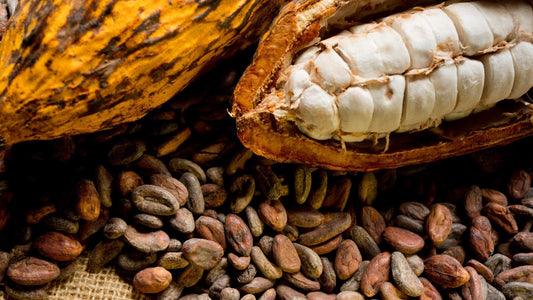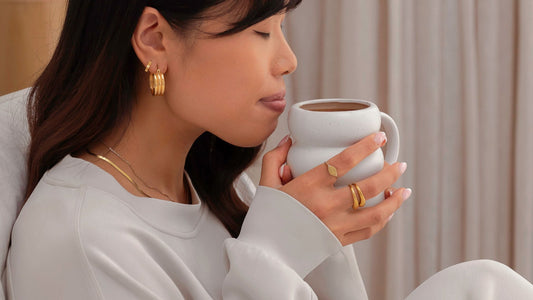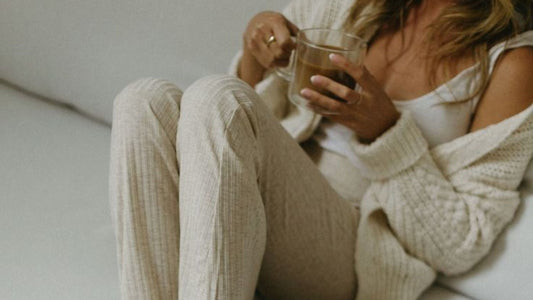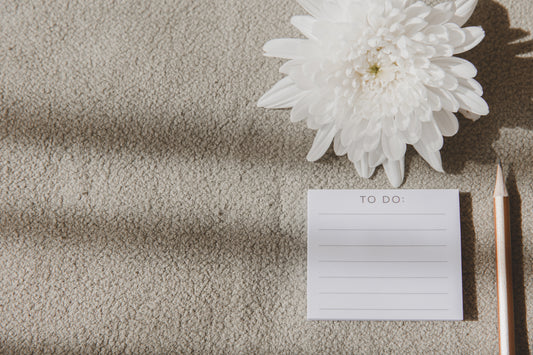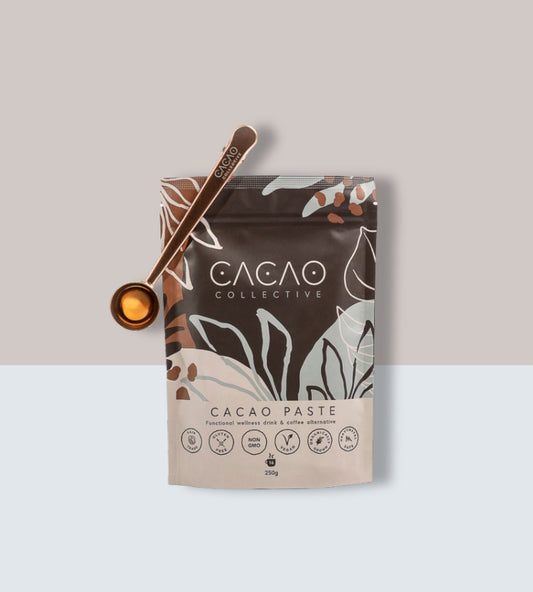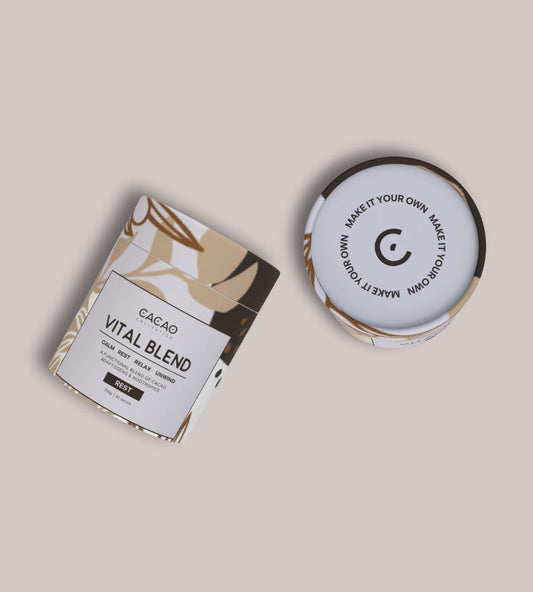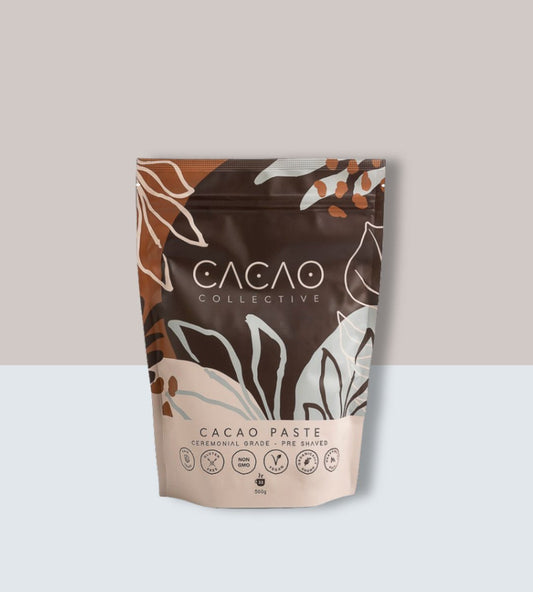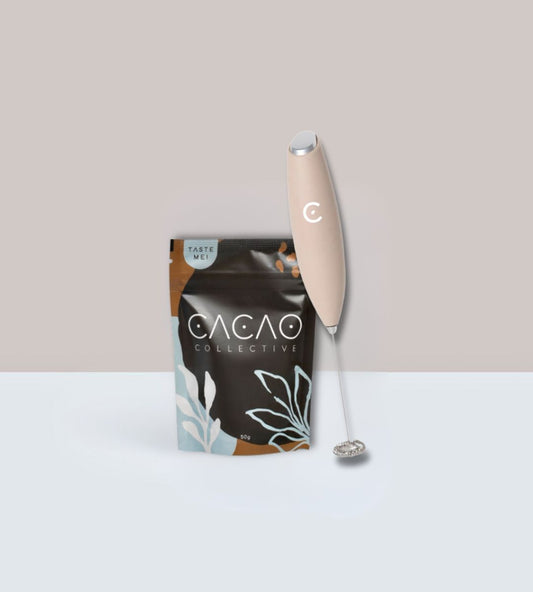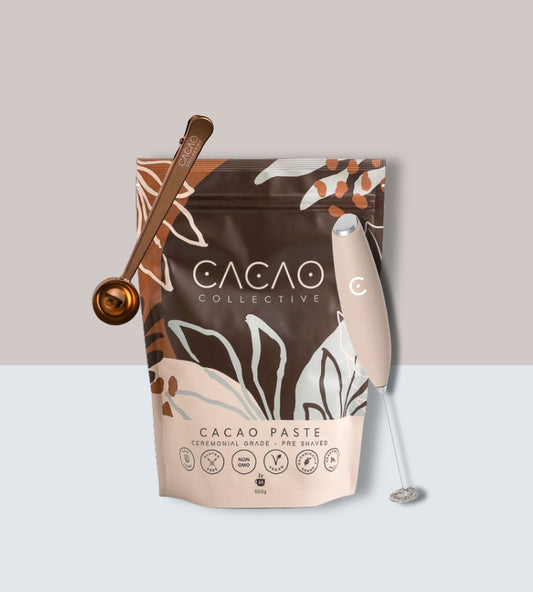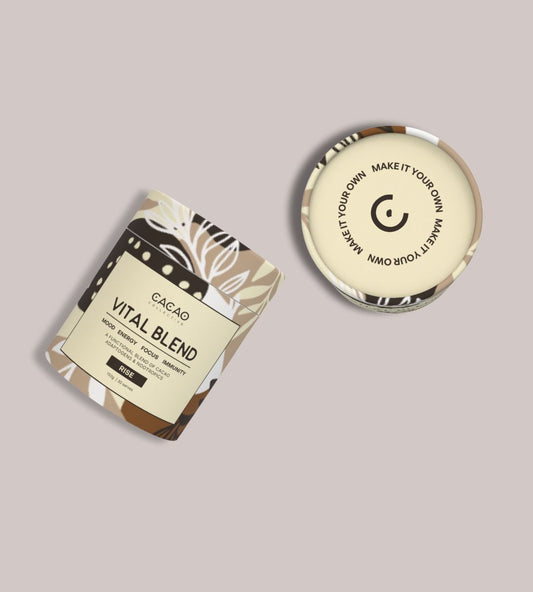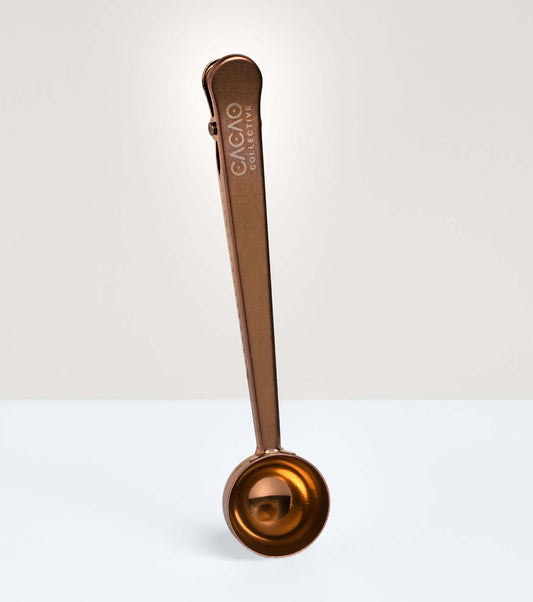So when I first heard the term sleep hygiene, my brain immediately produced the thought… “You mean I need to wash my sheets more often? Is my pillow meant to be made of some expensive hypo-allergenic material?”.
I soon found out it meant nothing of the sort – sleep hygiene is simply a coined term for sleep health.
We’ve all heard that one third of our existence is quite literally spent in a vegetable state, where we seemingly breathe underwater, meet Harry Potter, dream about our ex’s, have lunch with presidents – all sorts of super weird things that I’m sure you’re familiar with.
So let’s first reiterate, sleep is important. In fact, I would echo neuroscientist Dr. Matthew Walker’s advice and say sufficient and high quality sleep is non-negotiable.
(See a great podcast here: www.youtube.com/watch?v=xTvxa0Rlhpg).
We like to stay contextual, so let’s start with the depressing side of things:
The constant strain on human beings who lose sleep is catastrophic (intentionally or due to burn out, not the type you’re more than likely bound to lose with a new born). Sleep deficiency is associated with irritability, reduced cognitive function, accelerated ageing & death, an increased chance of having high blood pressure, a heart attack, and/or a stroke. Even the loss of a single hour of sleep can be heartbreaking, quite literally: There is a global experiment conducted on over 1.5 billion people across 70 countries twice a year. You know of this experiment – it’s called Daylight Saving Time. According to a study published in 2014 in the journal Open Heart that looked at more than 42,000 hospital admissions for heart attacks, in the spring, when we lose an hour of sleep, there is a 24 per cent increase in heart attacks the next day.
Yikes…
Without going too dark, let’s look at what we consider to be the most important variable in regulating our sleep so you can feel more refreshed, alive, and energised for the day:
It starts the moment you wake up.
We all run on a biological clock coined the circadian rhythm. Think of this simplistically as your organic 24 hour clock. We’ve all had the experience when we walk into a GP’s office, or our work environment, or even our own home, and we notice the clock reading 11:37 when we’re certain it’s around 4:30 – we get a weird sensation that something is ‘off’. In many ways, our biological clock is no different. Due to modern lifestyles, overworking, overeating, under sleeping, high stress loads, financial pressure and so on, we impact our clocks' regulatory and homeostatic functions - essentially how balanced and synchronised we are with Nature - keeping in mind, we are Nature.
If you’ve ever had the experience where you’re wired at night, but exhausted in the morning, this is one tell-tale sign that your biological clock needs some loving. One way to address this is to re-sync (just like you would re-sync a watch or clock); our suggestion is to do this on a day you don’t have much responsibility (for most of us, it’s Saturday or Sunday morning). The night before, find out the time the sun hits the horizon in the morning, and get up 15-20 minutes prior. Get outside, breathe that fresh air deeply into your lungs, and watch the sunrise – not literally by virtue of burning a hole in your retina, but by staring at all different distances, but especially the horizon, as far as it allows you to see. This not only will help with synchronising your circadian rhythm, but will also help train the accommodation reflex with near & far viewing (there’s great evidence that this will help offset myopia or nearsightedness).
This is where your sleep hygiene begins.
We’ll be posting more tips to optimise sleep in future, but for now, go and get synchronised with Nature!
Namaste sleepers.
